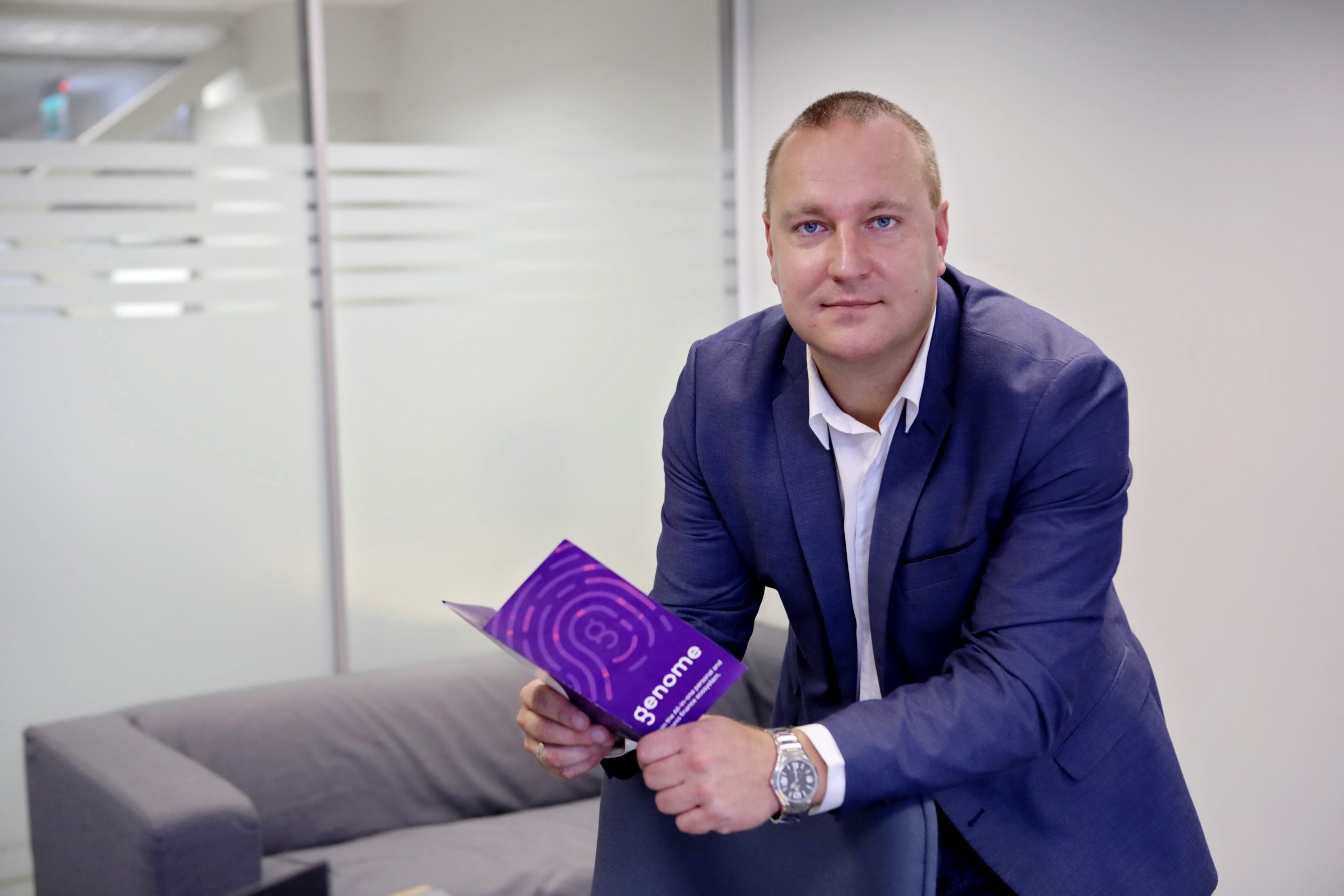Editor’s note: This is a sponsored article, which means it is independently written by our editorial team but financially supported by another organisation, in this case, Genome. If you would like to learn more about sponsored posts on tech.eu, read this and contact us if you are interested in partnering with us.
The fintech industry has grown exponentially and competition is fierce. While there have been many success stories in fintech in recent years, there have been many companies that have struggled or failed too.
Genome, a fintech startup based in Lithuania that provides IBAN accounts, transfers, merchant accounts and will soon provide debit card issuing, has learned plenty along the way on its own journey.
The most important thing at the start is to identify which services you plan to provide.
Are you going to be in the transfer business or in e-commerce? Do you need card issuing or currency exchange services? Only by clearly answering and placing all these ideas into the business plan, can you start planning. Here, chief operating officer Daumantas Barauskas explains what Genome has learned in setting up its fintech business, and the best practices that new fintech companies should follow.
There are two ways to pursue building a fintech product. It may be by building the product from scratch, which is a costly endeavour, or using a third-party banking-as-a-service (BaaS) provider.
The latter provides a ready-made white label solution that can be built upon. However, there are drawbacks to this - as the product will then be dependent on this third party. This is why, Barauskas says, Genome pursued its own platform.
Know your customer (KYC) checks are a pivotal part of customer onboarding and continued service. Many fintech and payments companies rely on outside partners to help with this process to prevent identity theft and fraud. A reliable ID verification partner will help with sifting through reams of data and documents to ensure customers are who they say they are. Genome works with Onfido for this.
“It took us a couple of months to find the right KYC provider, as there are a lot of players on the market,” Barauskas says. “When choosing, you should consider the terms, supported countries and documents, and as the recent pandemic showed, even the partner’s countries of operation matter. And keep in mind that ‘the cheaper the better’ is not the case here.”
KYC is just one part of the entire compliance and risk management process. Sometimes a company can overlook one aspect of their compliance and focus on others but companies need to be thorough across the board and many of these are mandatory, per regulations.
Barauskas says fintech companies should never underestimate the importance of being up-to-date with regulators. As mentioned above, compliance is difficult to manage and requires a lot of planning in advance by dedicating time and resources to regulatory reporting. This means managing a great deal of information from transaction histories to anti-money laundering checks.
“New laws are being introduced constantly and requirements are ever-changing, and following all of them requires time, knowledge, and dedication as well,” Barauskas says.
Genome is regulated in Lithuania, which has become a favoured location for many European startups to seek authorisation. Other fintech players like Revolut and Curve have secured licences in the country to ensure they can operate around Europe post-Brexit.
Fintech startups also need to be careful and considerate of how they choose partners in other aspects of their business.
“If you are an electronic money institution, borrowing money or investment services are not allowed under such licence, thus you need to find properly licensed partners to provide you with a white-label solution,” Barauskas says.
“If you are planning to issue cards, like we at Genome will do, note that three different companies will be involved: processor, card issuer, and card bureau or a banking card manufacturer.”
You can become a direct principal member of issuing with schemes like Genome is with Visa. An alternative is to use a BIN sponsor company; this is a company that is already a member of a payment network like Visa or Mastercard and provides a white-label solution for issuing cards. According to Barauskas, this may be a quick and relatively cheaper method but it may limit the features of the card you issue.
“The option we chose took us a year to deliver Genome cards for personal and business needs, but we can now be intermediaries ourselves,” Barauskas says. “It is a huge advantage of this long-term approach, however, it's a costly one. We suggest you consider your partnership strategy before starting the development of the card issuing itself.”
Genome is planning to launch its own cards by the end of 2020 for both personal and business wallet users. Genome will offer its customers to order multiple multicurrency virtual and physical cards, which are easy to set up and manage online – from the dashboard or the app.



Would you like to write the first comment?
Login to post comments